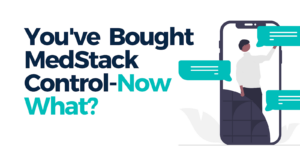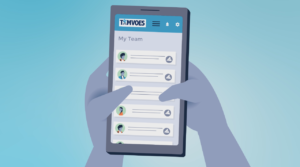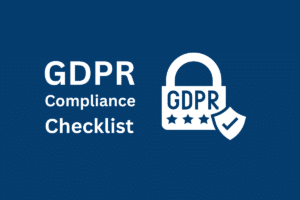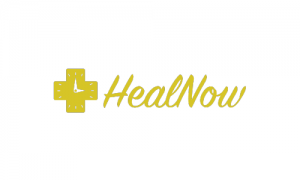The digital health industry is growing leaps and bounds, and with it comes a wave of new ideas and solutions all focused on improving healthcare. As Digital Health Week comes to a close, we want to share some food for thought with our fellow digital health innovators.
Identify Opportunities Around You
Take a look around you and identify opportunities for growth. For MedStack co-founders Balaji Gopalan and Simon Woodside, their opportunities came from watching their family members working in the healthcare system. As Balaji puts it, “we couldn’t help but take note of multiple occasions and situations in which the smart application of technology could help doctors, pharmacists, nurses and therapists be more efficient and drive better patient outcomes, in an otherwise largely paper-driven world.”
Draw from your experience as a patient or healthcare provider. How would you describe your interaction with the healthcare system? What skills and experiences can you leverage as an innovator, engineer and thinker to bridge any gaps in the system?
Many healthcare organizations and institutions are moving towards supporting digital health. Healthcare providers and patients are also seeking technology applications to improve their healthcare experience. Local Hacking Health and health technology meetups provide settings in which people from all backgrounds can share ideas. Reaching out to these resources is a great way to get started.

Keys to Success in Digital Health
Digital health has grown over the years. While healthcare organizations have increasingly adopted the use of electronic health and medical record systems across North America, consumers have also driven the use of digital health apps and trackers for health and wellness. This is encouraging because it means digital health is being incorporated into healthcare interactions, from hospitals to patient homes.
There is a lot of untapped potential in the industry in the form of improving user experiences for patients and providers, and data integration across the healthcare system. Like our counterparts in the financial sector, these will be driven by the broad third-party developer ecosystem, a proven model for driving technological innovation.
What does this mean? Developer and start-up communities will be important to driving this transformation. It is the operations and success factors presented by this ecosystem that will take digital health to the next level.
Just Get Started
If you have an idea, give it a go. You will be much more successful if you tackle important problems that speak to your users, the providers or patients in the healthcare system. As you create and innovate, always remember to keep your focus on user experience, data flow, sales process, and your product. It is also important to reduce the distraction of operational processes that can be partially or completely automated.
For example, building a privacy and security infrastructure to meet healthcare customer requirements can lead to costs of over 6 figures and a lot of time spent on paperwork, not development. Skipping out is not an option due to healthcare information privacy legislations. This places a burden on time and resources that can negatively impact your project or company. The solution is to leverage existing platforms like MedStack and open libraries to avoid building elements that already exist and are available.
Reaching out to these platforms and services can help you avoid reinventing the wheel. The time you save is the time you can spend on your digital health innovation.
What are your thoughts on healthcare innovation? What insights do you have on growing ideas and creating positive change in digital health? Let us know on Twitter, Facebook or in the comments below.





